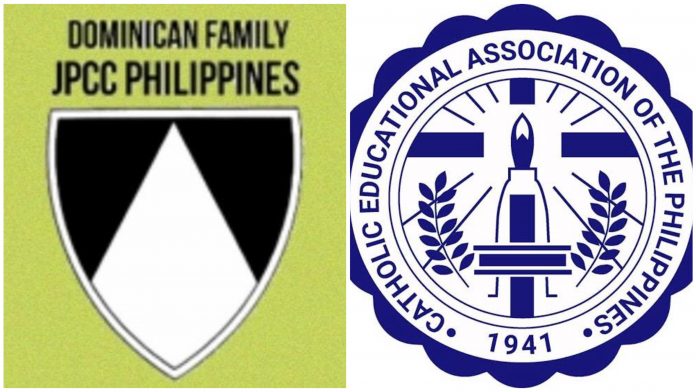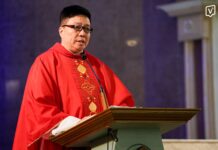
A commission of Dominican religious and laypersons involved in the “justice and peace” advocacy have urged lawmakers to withdraw their support for the Anti-Terrorism Act of 2020, warning of dangers to human rights.
“The bill is objectionable in its provision on unregulated surveillance […], uninformed denial of the rights to liberty, privacy, compensation[;] infringement on the freedom of opinion, freedom of speech, freedom of expression, freedom of the press,” the Dominican Family Commission for Justice, Peace and Care for Creation (JPCC) said in a statement on June 6.
The commission said the ill-defined understanding of terrorism could tag someone as “terrorist” on mere disagreement with government policies.
“There is a danger [to any group]… including political opposition leaders, human rights advocates, churches, workers, community and civic leaders, student leaders and ordinary citizens,” it said.
The statement was signed by priests, nuns and laypeople, including the rector and president of Colegio de San Juan de Letran, Fr. Clarence Victor Marquez, O.P.
The Catholic Educational Association of the Philippines (CEAP) has also objected to the bill, saying it contradicts Catholic teachings on human dignity.
“[I]t decries the articulation of those provisions in the bill as they fundamentally conflict with the Catholic tenets of treating each person as created in the image and likeness of God,” the statement read.
CEAP, a national association of 1,500 Catholic educational institutions, said the Department of Education (DepEd) and the Commission of Higher Education (CHEd) would become “support agencies” of the Anti-Terrorism Council under the bill due to its unclear provisions.
The association warned of breaches of confidential information, unrestricted access to campuses and monitoring of classes if the bill became law.
“[T]he CEAP remains firm in safeguarding the constitutionally guaranteed academic freedom of educational institutions and of faculty against any form of suppression,” said the statement, signed by CEAP President Fr. Elmer Dizon and Executive Director Jose Arellano.
Last June 7, UST, a member of CEAP, also released a statement opposing the bill.
The anti-terrorism bill allows the detention of suspects for up to 24 days without warrants and expands surveillance to 90 days, from 60 days. It also scraps the P500,000 fine on law enforcers for wrongful prosecution. The ATC may designate a person or a group as terrorist on the basis of probable cause.
Senate President Vicente Sotto III said copies of the enrolled bill had been sent to Malacañang for the signature of President Rodrigo Duterte. Sotto said he was confident Duterte would not veto the bill.













